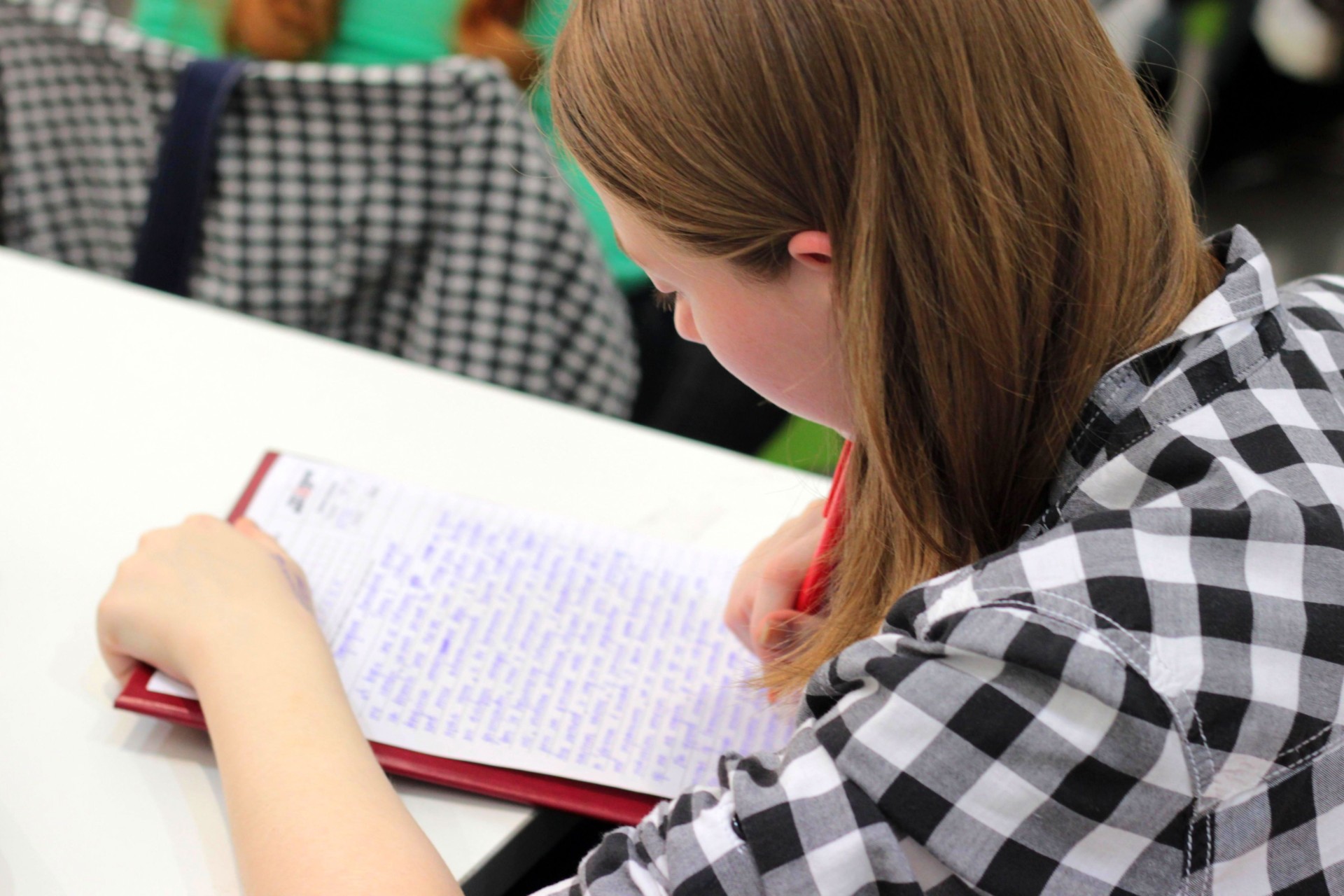By Sarah Bilodeau, Dramatherapist
As children enter their teenage years, they become less dependent on their family and begin building new attachments to their peer groups. Peers can become their new secure base from which they can explore and express who they are/who they are becoming. Alongside these opportunities, these seas can also bring challenges and hardship. In addition, teen’s internal worlds are changing on many levels, such as physiologically and psychologically, which springs new questions of identity and meaning. Caregivers and teachers can play an important role in helping teens to navigate these new and varied waves, winds, and seas.
What can caregivers and teachers do?
Caregivers and teachers can help young people to feel secure enough within themselves by having a supportive connection with them. Sometimes, having one caring adult is enough to end a teen’s sense of aloneness. This can go a long way to help young people feel more resilient in the face of social challenges and mental health issues.
Having a true connection can come through building a trusting, non-judgemental relationship with the young person. As an adult, show that you’re listening fully and attentively, offer your curiosity, empathy, and accept the young person’s feelings, as they are. This helps the young person to know that they matter. Making time, to spend quality time, is also key to building a relationship where the teens feels safe. When a young person feels they can trust you, they’ll more easily accept your support.

Strategies to support self-esteem and identity
For life skills/well-being classes or activities
1. Offer opportunities where they can explore and express their thoughts, feelings, ideas, and identity in a creative way. This can be done through creative journaling, making images, collage, and exploring specific questions such as; ‘What are my qualities, interests, skills, dreams’, ‘What do I value?’
2. Do an exercise with others where each person picks a name at random and writes for them: “My wish for you is…”. This would be based on what they think may be helpful for the other person to receive such ‘feeling at home/feeling happy’.
For all subjects
3. Show your belief in your students’ abilities and potential.
4. Create a classroom environment where communication is constructive and supportive.
5. Talk about ‘self-talk’ (what we tell ourselves) and how a negative inner voice can crush one’s self-belief. Help them to come up with affirmations that they can use in times of self-doubt, such ‘I can do this’. No matter what subject you teach, you can incorporate these ideas when talking about exam preparation, presenting in front of a group, or working on a big project.

Strategies to help manage peer pressure and bullying
For life skills/well-being classes or activities
6. Teach about consent and personal boundaries. Help them to be self-aware and to know it’s ok to say “no” when one becomes uncomfortable in a situation.
7. Help them rehearse scenarios through role play, ‘What is being Assertive’?
8. Discuss common social issues and brainstorm solutions. They don’t need to disclose what they are personally going through and this can make it easier for the group to engage.
9. Make comic strips of bullying situations and develop a toolkit on how to respond and deal with different situations.
For all subjects
10. Rally young people to look out for one another, to understand the importance and benefits of empathy and support, especially during the most stressful times of year.
11. Encourage teens to talk to an adult when there’s a concern for themselves or another.
12. If you are concerned about a child or are aware that a young person is at risk of hurting themselves or another, safety takes precedence. Speak and seek guidance from a designated person at your school to develop a safety plan.

Supporting teens to feel heard, accepted and understood can help them develop an interest and confidence in who they are/who they might be. Helping them gain tools to navigate the seas of social situations also fosters a sense of belonging, which can help them into adulthood and future relationships. I hope these creative ideas nurture your relationships and the work you do with teens.
